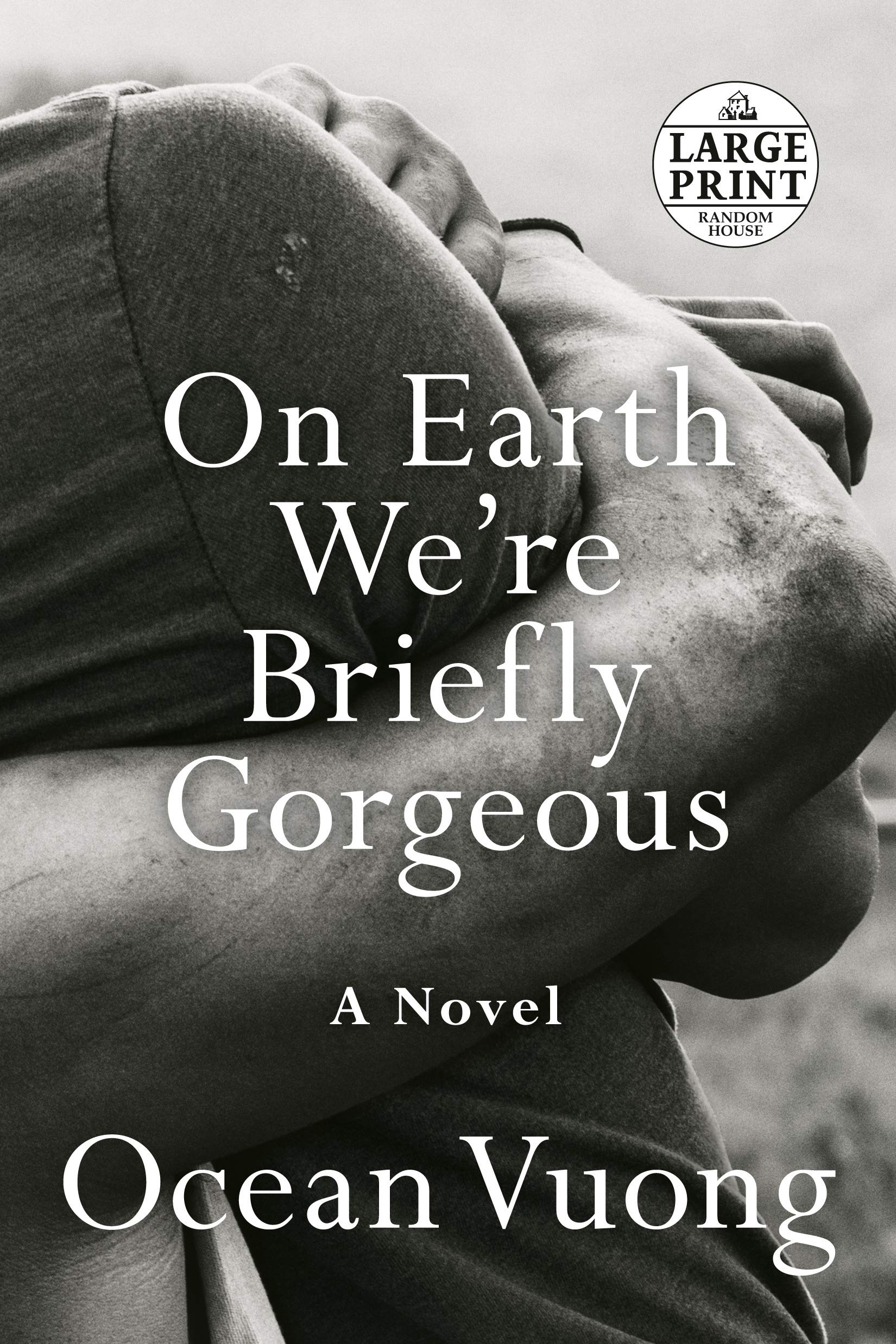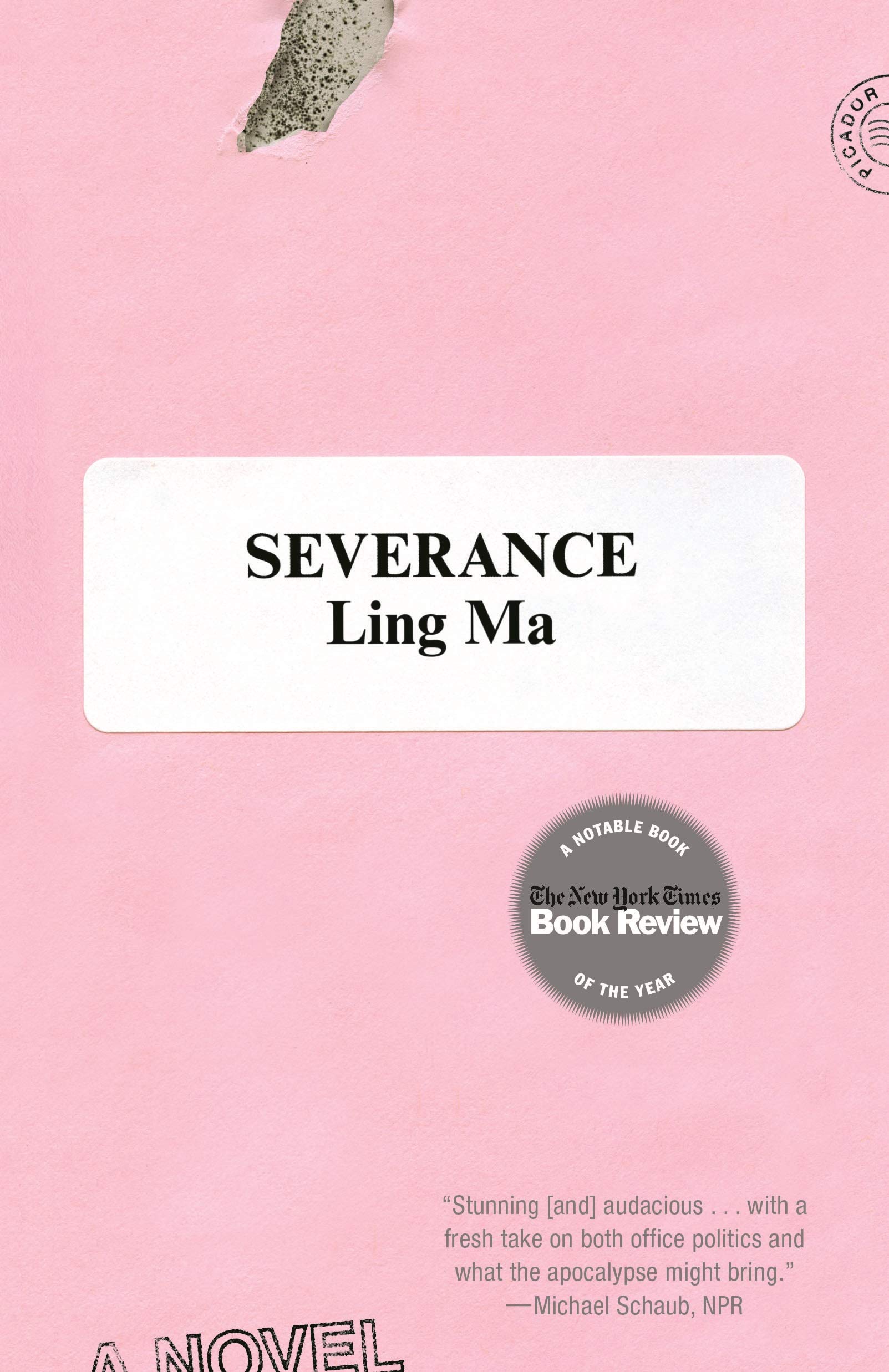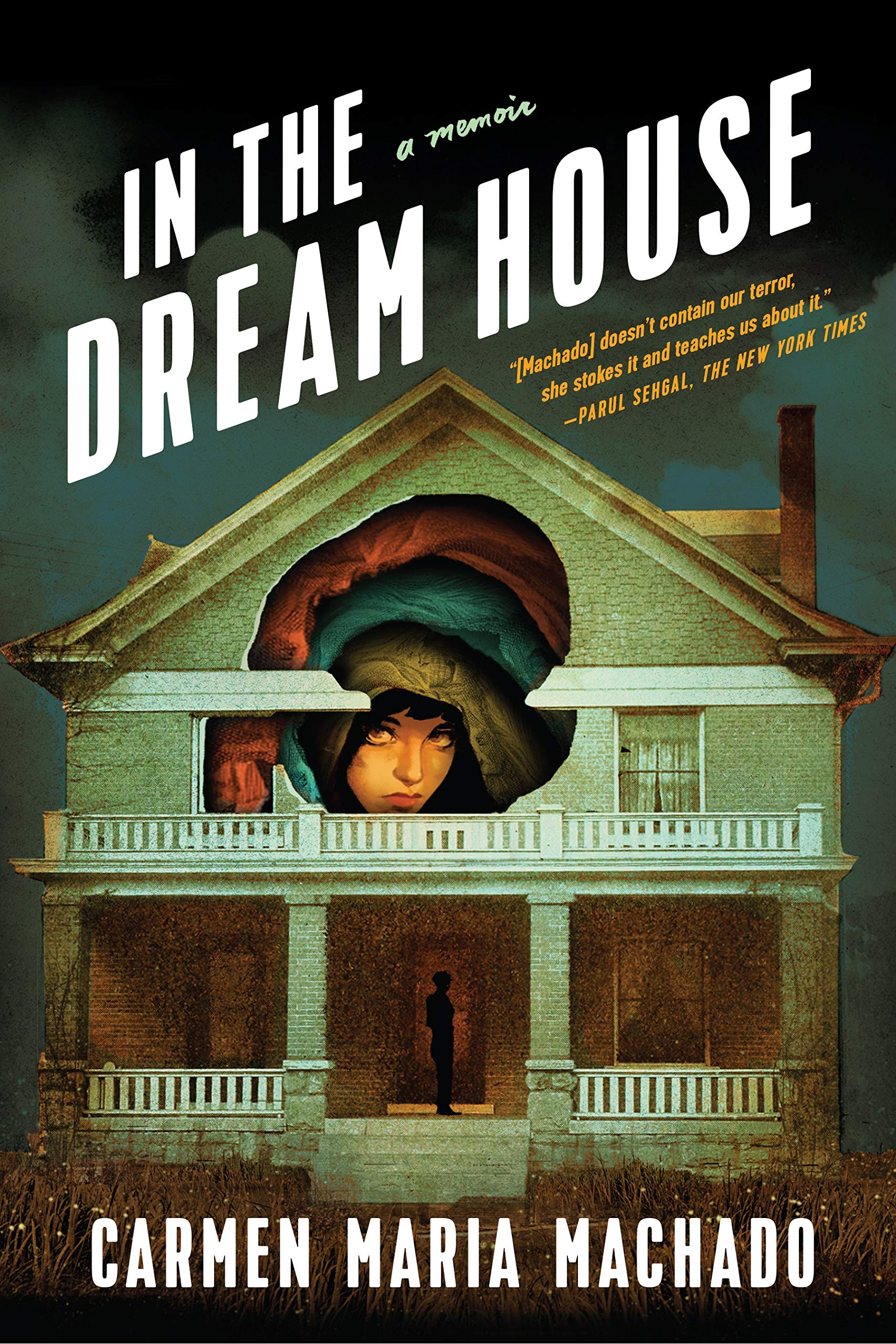
Photo By llana Guaraca
Book Reviews
A BRIEF COLLECTION OF THOUGHTS ON SOME BOOKS I’VE READ LATELY
BY NAAVA GUARACA
7.14.2021
The White Card by Claudia Rankine
I’m not huge on plays but this one’s a quick and excellent read, a very straightforward piece of criticism on the racial systems in place in the art world (and the misconceptions white people have come up with lately about how to begin solving these issues). It’s a short piece, and I don’t want to really ruin anything, but the dialogue focuses on a wealthy white family who invite a young black artist to dinner, mainly under the guise of impressing her with the newest addition to their art collection: a sculpture of Michael Brown’s autopsy report. If you’re reading this article right now and you’re white, I beg of you: add Claudia Rankine’s extensive catalogue to your reading list. This play will turn the questions back on you and leave you thinking for a while about how you fit into the shoes of these characters. And these are questions we should all be thinking about for a while to come. Don’t shy away from them; read this book, learn about who the players are when it comes to the unruly imbalances of the art world. Revel in the uncomfortable start the dialogue provides.
The Chronology of Water by Lidia Yuknavitch
As someone with insane childhood father trauma, I ate this book up. Lidia Yuknavitch began her life as a swimmer, and even when she fell out of it as a professional route, her pull toward the water has never lessened. She discusses her several attempts at higher education, writing groups with Ken Kesey, moments of sexual dissolution, and her fraught relationships with both her parents. The conjoining feature remains water: her return to it throughout her life as a consistent site of safety. Whether she’s plunging into the sea or swimming laps with Kathy Acker. It’s a beautiful memoir that combines lyrical language with revelations about the ways we perceive and understand memory, and the ways we change as we age.
Trip: Psychedelics, Alienation, and Change by Tao Lin
As someone with a fairly broken brain (mental illness) constantly on the hunt for new, non-big-pharma remedies, I’m loving all the contemporary discourse surrounding psychedelics. In this particular rumination, Tao Lin charts his experiences primarily with marijuana, psilocybin (shrooms), DMT, and Salvia (which, randomly, I’d never heard of). He discusses his previous addictions to amphetamines and opioids, and the healing he began to grasp when he switched his view of “drugs” to these naturally occurring psychedelics. This book is a wonderful intro for anyone who may be more on the unfamiliar side when it comes to psychedelics, and the research being done these days is just so interesting and cool. Tao Lin gives stories from mid-trip moments as well as a vast overview of the historical context that accompanies trip research: he focuses on Terrence McKenna, an ethnobotanist who wrote book after book about psychedelic plants and their uses. Trip is well categorized and an easy read, which makes it fun and digestible overall. If you’re looking for a place to start understanding psychedelics, this is a great one.
On Earth We’re Briefly Gorgeous by Ocean Vuong
I’ve been waiting for this book to come out in paperback quite literally forever, and it’s finally here. So if you’re like me and won’t read hardcovers, you don’t have to wait any longer to read this insanely beautiful rumination on inhabitation, family, coming-of-age, and gay crises. From the very beginning, this book feels like it hangs very precariously on the line between novel and memoir. The narrator, Little Dog, writes in first person to his mother, who cannot and will not speak English. His family are products of the Vietnam war, and he exists between Saigon and Connecticut, continually pulled between cultures and continents. He comes of age in the heat of his first relationship with a boy, and we watch, breaths held, as the two stumble through awkward first sexual encounters, smoke oxycontin-laced joints, wander through fields, and, eventually, lose each other. More than he knows, Little Dog is concerned with beauty, and spends these years reencountering the briefness that beauty is allowed. We live these harsh realizations with him, and his melancholy about loss, love, and family ties are wrapped in about seven layers of flowery language that hold them at an arm’s length.
Severance by Ling Ma
The unfortunate truth is that I’ll buy any book with a review from Jia Tolentino on the back of it, and this is no exception. Written in 2018, it almost feels like this book might have somehow predicted/manifested/called upon covid to wreak havoc on our world. Vague about the apocalypse in a way that doesn’t drag us headfirst into a zombie novel (is there anything worse than an apocalypse story where everyone has died and we don’t ever understand how or why?), yet perfectly descriptive about the main character, Candace’s, life in Brooklyn, Severance highlights the inescapability of end stage capitalism and the headspace it puts its victims in. Ling Ma is such an excellent writer and writes the story in such a way that begins scattered and ends up terrifyingly put together.
In the Dream House by Carmen Maria Machado
This is one of the most fantastic books I’ve read lately. Written in short form narrative style, the book is fragmented and separated into page-long segments that makes it feel like you’re flipping through memories. It’s focused on the author’s past abusive relationship, and discusses the shortcomings of queer theory in relation to violence in the lesbian community and the alienation that causes. It’s a mediation that leads us through Machado’s own contemplation and internal rumination surrounding her situation. She doesn’t ever have all the answers, and often finds herself caught between misunderstanding (there’s no guideline for what happens when abuse finds itself present in a queer relationship; this as she explains, hardly has grounds on which to exist at all) and self-advocation. We’re led through the beginnings, middle, and ends of the relationship, and she uses so many different narrative forms that allow a fresh approach to the subject. At one point, we find ourselves in the midst of a Chose-Your-Own-Adventure book. If queer abuse hardly exists in archival terms, it makes almost perfect sense that it would be more easily written about without following the traditional narrative structure of a memoir. No one has mastered writing the way Carmen Maria Machado has. If this is a book you’ve ever looked at and considered reading, don’t hesitate to start.






